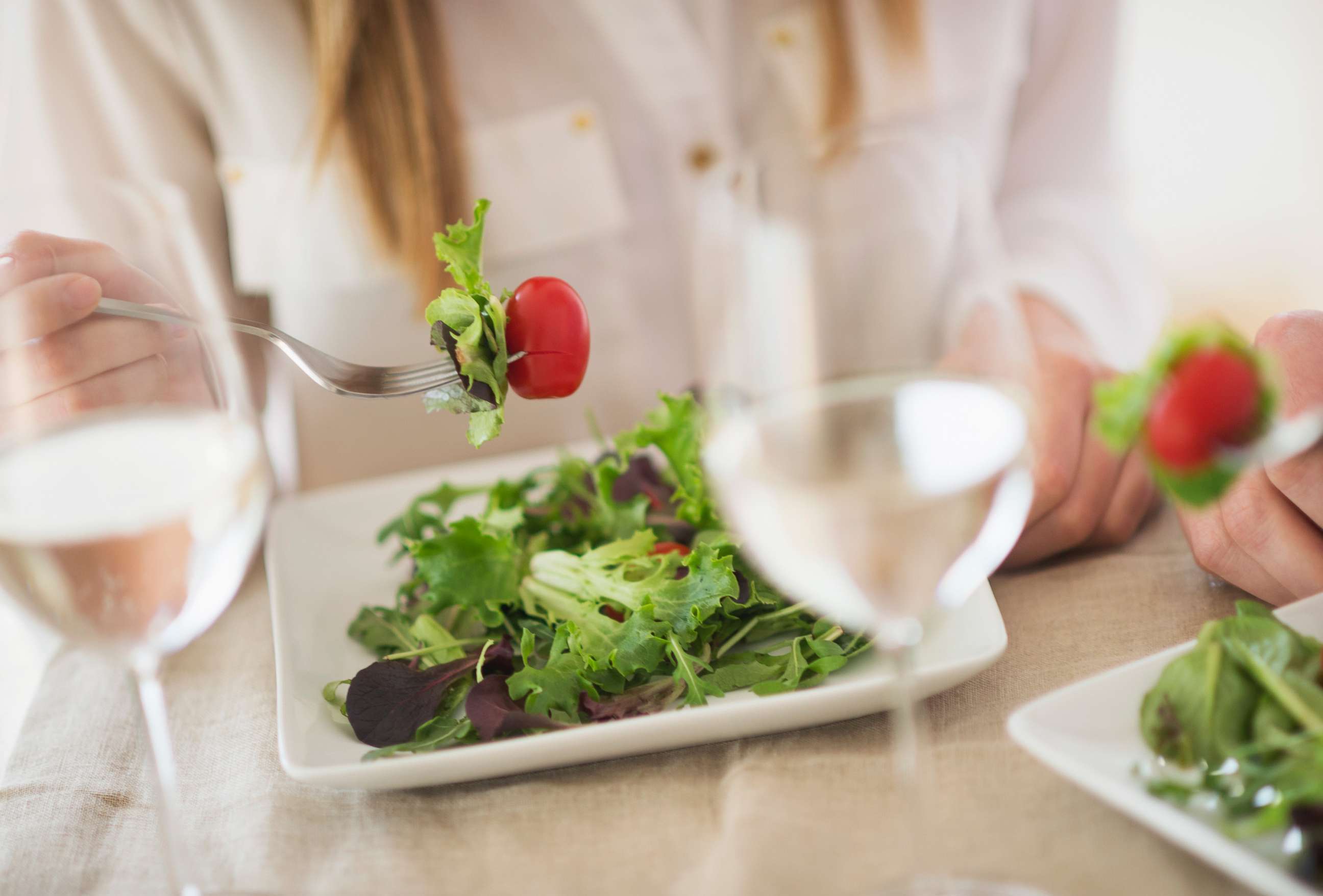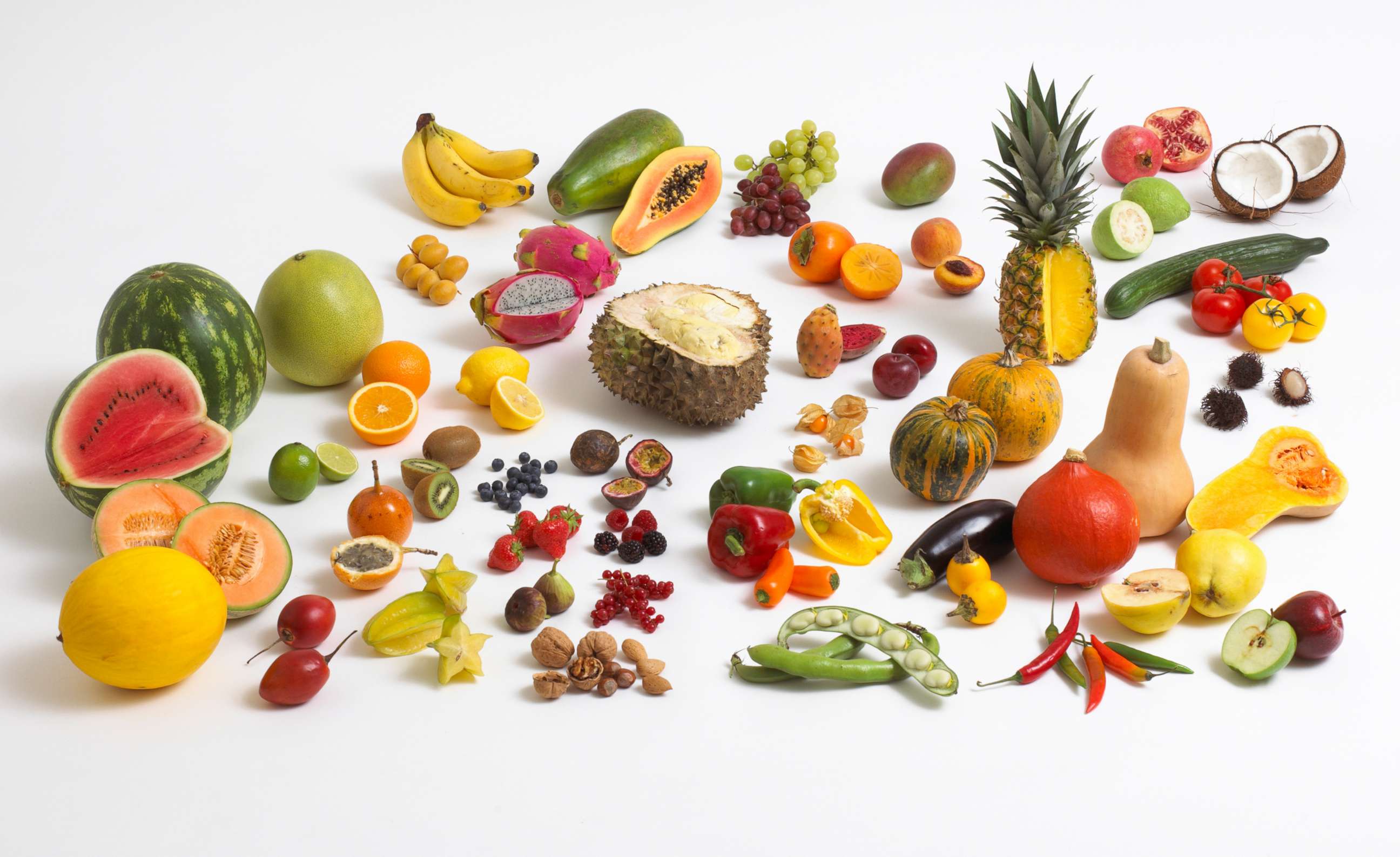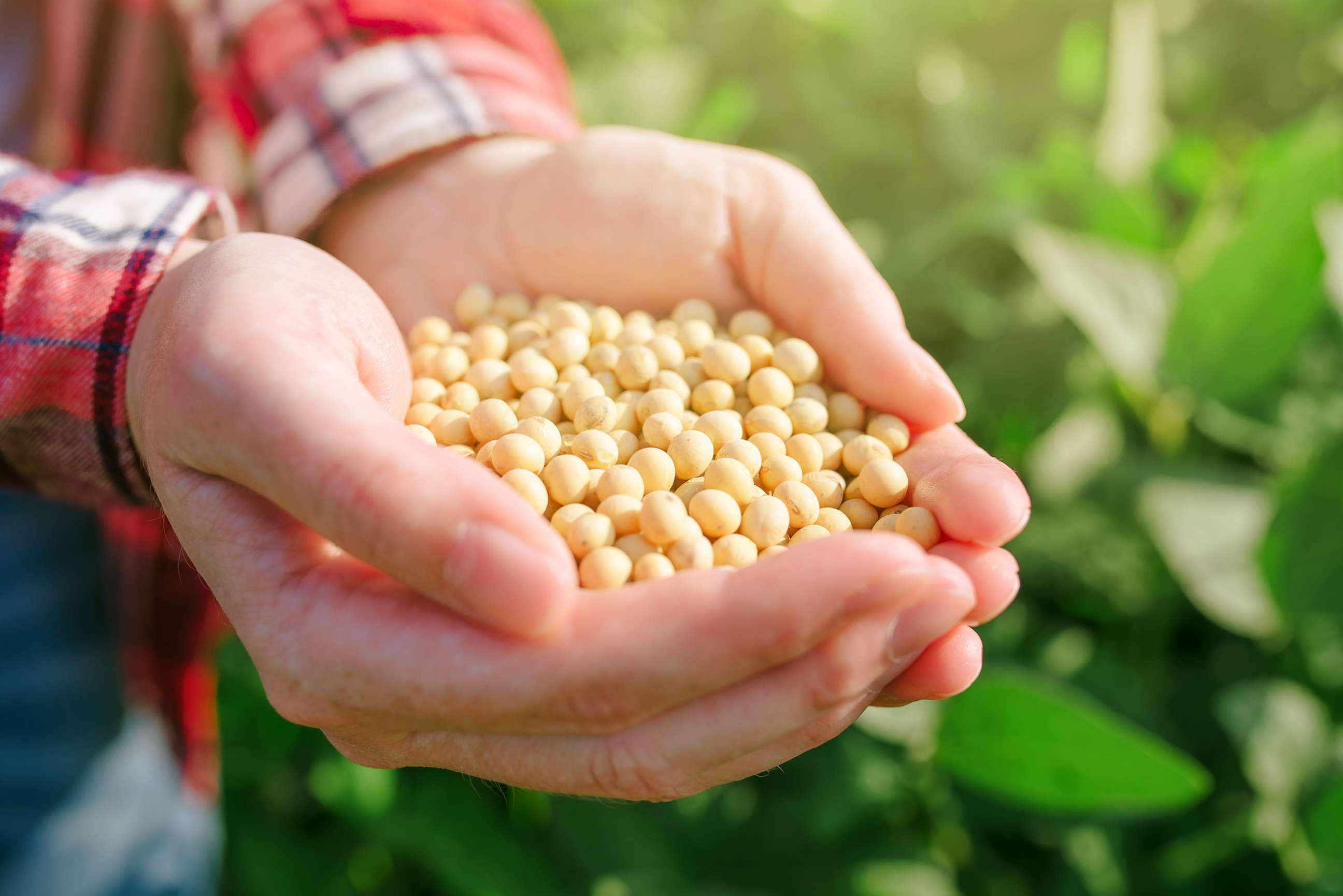New Year's resolutions: Nutritionist's tips for staying healthy from the inside out
Nutritionist Maya Feller recommends focusing on the gut and inflammation.
— -- Welcome to GMA’s New Year, Best You. As we ring in the new year, we are sharing everything you need to start the new year strong. From keeping your New Year’s resolutions going to Instagram-worthy meal prep to workout programs to eating plans to taking time for yourself, we have it all covered.
New Year, new you. For 2020, many have thoughts of New Year's resolutions, including better health and nutrition.
"Good Morning America" tapped nutritionist Maya Feller for her insights on three areas of health that should be a priority for people in the new year.
Good health starts on the inside, according to Feller. Anti-inflammatory foods, hydration and gut health are the top three items on her list.

Read on for more tips from Feller, in her own words, on how to stay healthy from the inside out.
1. Detox from pro-inflammatory foods

The holidays for many are a time of celebrations. With them often comes extra food and more drinks. People tend to eat more foods with added sugars, added salts, as well as refined and processed carbohydrates.
These foods increase systemic inflammation and over time have been linked to increased risk of developing chronic illnesses such as diabetes, heart disease, hypertension and becoming overweight or obese.
(MORE: Move over, New Year's resolutions: Why you should make a 'reverse bucket list' instead)
Reducing the intake of pro-inflammatory foods reduces systemic inflammation. There is enough solid research that shows a link between diet modification and a reduced risk of having both heart attack and stroke.
Focus on having the majority of your meals come from minimally processed whole foods with limited added sugars, salts and fats.
What to eat: Anti-inflammatory foods such as vegetables, both starchy and non-starchy, fruits and nuts.
2. Stay hydrated

The general recommendations for daily hydration is about 2.7 liters per day for women and 3.7 liters per day for men.
It's important to note that this is a general recommendation that does not account for medication use, temperature -- both internal and external -- or levels of physical activity. Proper hydration helps with kidney and liver function, as well as regular digestion.
(MORE: Treat yourself this holiday season with this DIY bath bomb kit)
What to drink: Water is one of the best choices for staying well-hydrated. Coffee can also provide hydration, however those with caffeine sensitivity should consider not having any after 12 p.m. so it does not disrupt sleep.
3. Eat pre-biotics

Pre-biotics are "non-digestible parts of food ingredients that promotes the growth of beneficial microorganisims in the intestines."
Simply put, pre-biotics help probiotcs and together they colonize good gut bacteria. Pre-biotics may help the body absorb calcium, maintain bone health and play an important role in satiety.
How to get more: Some pre-biotic foods are garlic, onion, dandelion greens, Jerusalem artichoke, asparagus, leeks, soy beans, whole wheat and banana.
Editor's note: This piece was originally published on Jan. 1, 2018.







